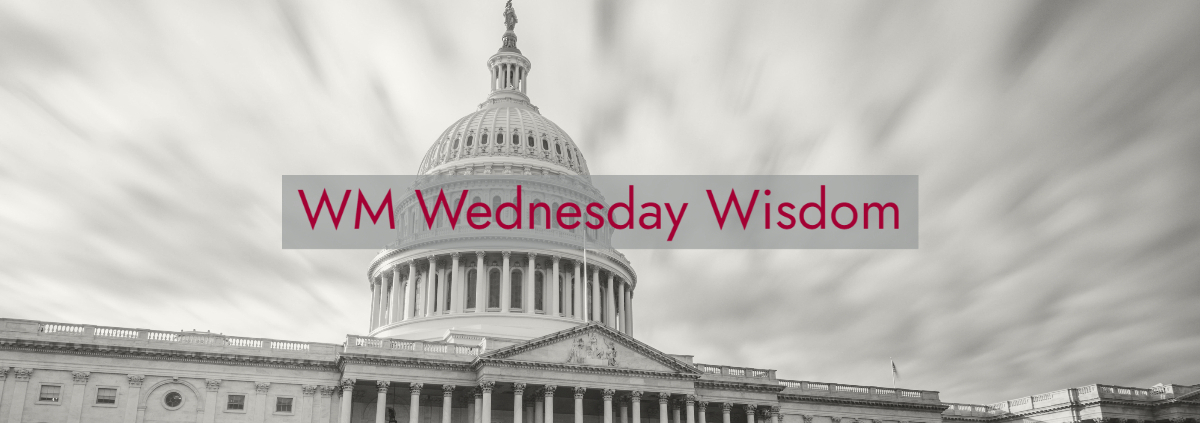Second Quarter Estimated Taxes Due June 15th
The year is passing quickly, and it is hard to believe that the deadline to pay second quarter estimated taxes is next week.
Who Pays Estimated Taxes?
Taxes must be paid through either withholding or estimated tax payments as income is earned. For those whose main source of income is salary or pension your withholdings may be sufficient and estimated tax payments will not be required. However, if you have significant earnings on which tax is not withheld (interest, dividends, capital gains, alimony or self-employment income) you will likely need to make estimated tax payments to avoid underpayment of estimated tax penalties.
Estimated taxes must be paid if they expect to have a tax liability of $1,000 or more when you file your return. If you are required to make estimated tax payments the due dates for 2023 tax payments are as follows:
| Payment Period | Due Date* |
| January 1 – March 31 | April 15, 2023 |
| April 1 – May 31 | June 15, 2023 |
| June 1 – August 31 | September 15, 2023 |
| September 1 – December 31 | January 16, 2024** |
**January 15, 2024, is a Federal holiday, the final estimated quarterly tax payment is due the following day, January 16, 2024.
Tax Withholding Estimator
In order to avoid underpayment penalties, the IRS provides a free tool to estimate your federal income tax withholding. To use the tool, click here.
WM WISDOM:
If you change jobs and have a significant change in pay, use the Tax Withholding Estimator to make certain you are not underpaying your tax liability for the balance of the year.
Paying Your Taxes
The IRS provides many payment options. You may pay online from your bank account, debit card, credit card or digital wallet. For more information on how to make a payment online, click here.
If you prefer not to pay online, additional options to pay include same day wire, check, or money order.
Keep in mind, if you do not pay taxes “as you earn,” you will not only have a large tax bill facing you on April 15th, but also penalties and interest for underpaying your tax throughout the year.
Questions?
Should you have questions about this topic, or any other topics related to your personal or business situation, please contact us at any time.
DISCLAIMER: The WM Update, WM Wednesday Wisdom, WM Daily Update, and other related communications are intended to provide general information, as of the date of this communication, and may reference information from reputable sources. Although our firm has made every reasonable effort to ensure that the information provided is accurate, we make no warranties, expressed or implied, on the information provided. As legislative efforts are still ongoing, we expect that there may be additional guidance and clarification from regulators that may modify some of the provisions in this communication. Some of those modifications may be significant. As such, be aware that this is not a comprehensive analysis of the subject matter covered and is not intended to provide specific recommendations to you or your business with respect to the matters addressed.


